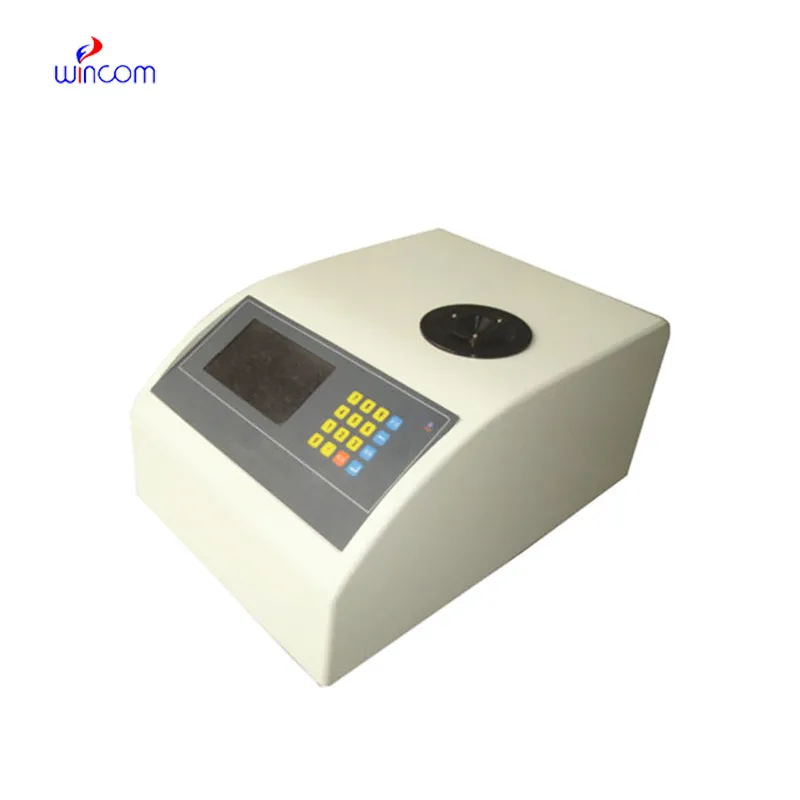
With improved magnetic field homogeneity and multi-channel receive coils, the heart mri machine offers reproducible and unambiguous imaging output. With its software platform, the system offers fast image reconstruction and custom scanning sequence application. The heart mri machine offers reproducible performance in clinical and research application.

In musculoskeletal medicine, the heart mri machine is employed to diagnose ligament ruptures, cartilage lesions, and bone marrow disease. It provides high-contrast images enabling clinicians to pre-plan treatment of degenerative disease and sport injury. The heart mri machine provides accurate visualization of muscles, tendons, and joint structures without invasive procedures.

The heart mri machine will be enhanced by quantum sensor technology and high-temperature superconducting magnets to generate more intense but more stable magnetic fields. This will allow imaging more quickly and with less energy. The heart mri machine will also have more functional imaging capability for the investigation of brain connectivity and metabolic processes.

To maintain the heart mri machine in working condition, staff should clean the patient table, coils, and bore space on a regular basis. The cryogenic system of the machine should be filled and inspected to prevent magnet quenching. The heart mri machine also need to be protected from power surges with specialized electrical stabilizers.
The heart mri machine is a very sophisticated medical imaging device that employs powerful magnetic fields and radio waves to create accurate images of the body's internal organs. It is employed widely to scan the brain, spine, joints, and soft tissues without exposing patients to radiation. The heart mri machine provides high-contrast images to allow physicians to detect tumors, injuries, and neurological diseases with very high accuracy.
Q: What are the main components of an MRI machine? A: The main components include a superconducting magnet, radiofrequency coils, gradient coils, a patient table, and a computer system for image reconstruction. Q: Can MRI detect early signs of disease? A: Yes, MRI can identify early changes in tissues such as inflammation, lesions, and tumors, allowing for timely diagnosis and treatment planning. Q: Why is it important to stay still during an MRI scan? A: Movement during scanning can blur the images, making it harder to capture accurate details. Patients are asked to remain still to ensure sharp, diagnostic-quality images. Q: Are MRI scans painful or uncomfortable? A: MRI scans are painless, but some patients may experience discomfort from lying still or hearing loud scanning noises, which can be reduced using ear protection. Q: Can MRI be used for cardiac imaging? A: Yes, MRI is commonly used to evaluate heart function, blood flow, and structural abnormalities without invasive procedures or ionizing radiation.
This x-ray machine is reliable and easy to operate. Our technicians appreciate how quickly it processes scans, saving valuable time during busy patient hours.
The hospital bed is well-designed and very practical. Patients find it comfortable, and nurses appreciate how simple it is to operate.
To protect the privacy of our buyers, only public service email domains like Gmail, Yahoo, and MSN will be displayed. Additionally, only a limited portion of the inquiry content will be shown.
We’re interested in your delivery bed for our maternity department. Please send detailed specifica...
Hello, I’m interested in your water bath for laboratory applications. Can you confirm the temperat...
E-mail: [email protected]
Tel: +86-731-84176622
+86-731-84136655
Address: Rm.1507,Xinsancheng Plaza. No.58, Renmin Road(E),Changsha,Hunan,China